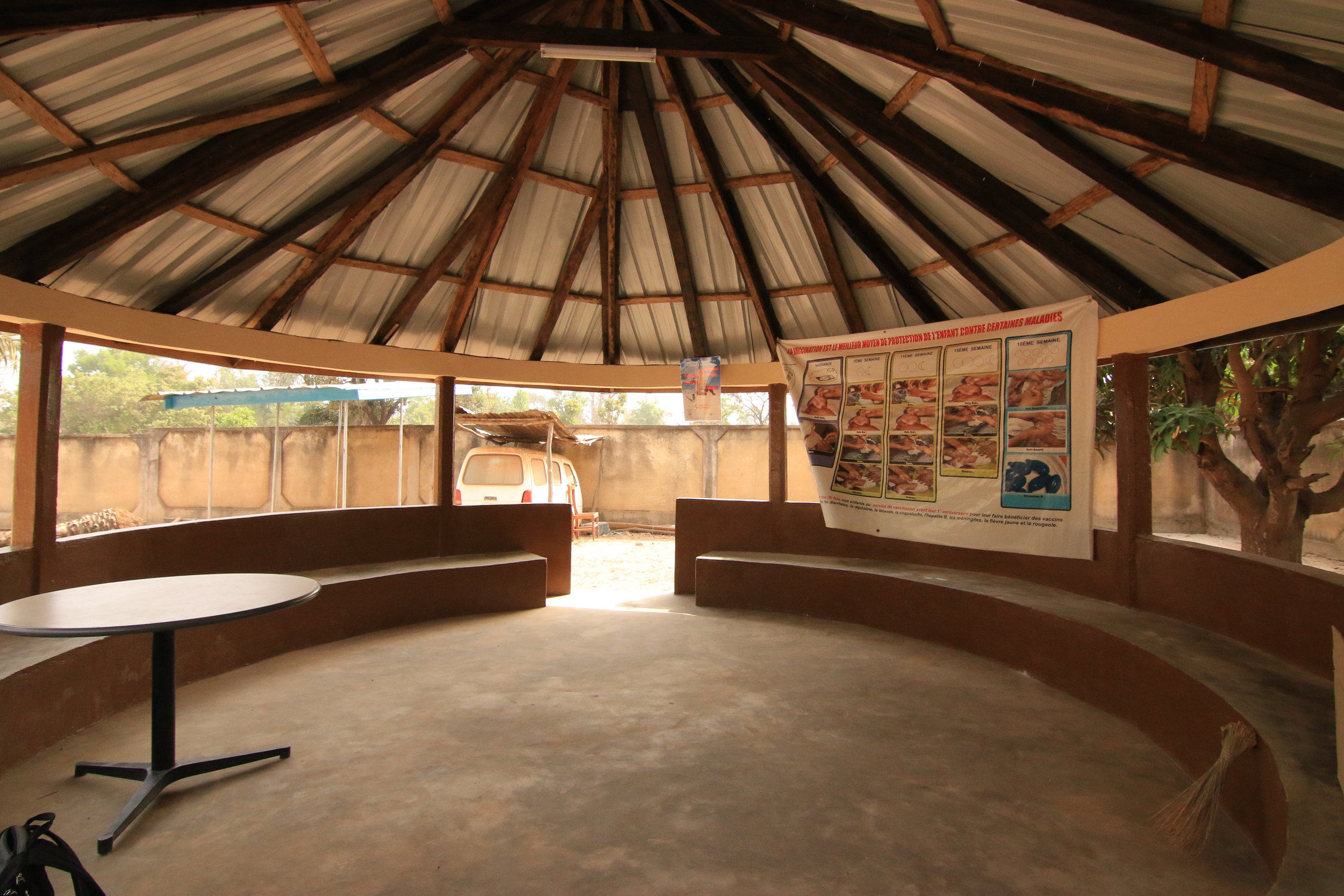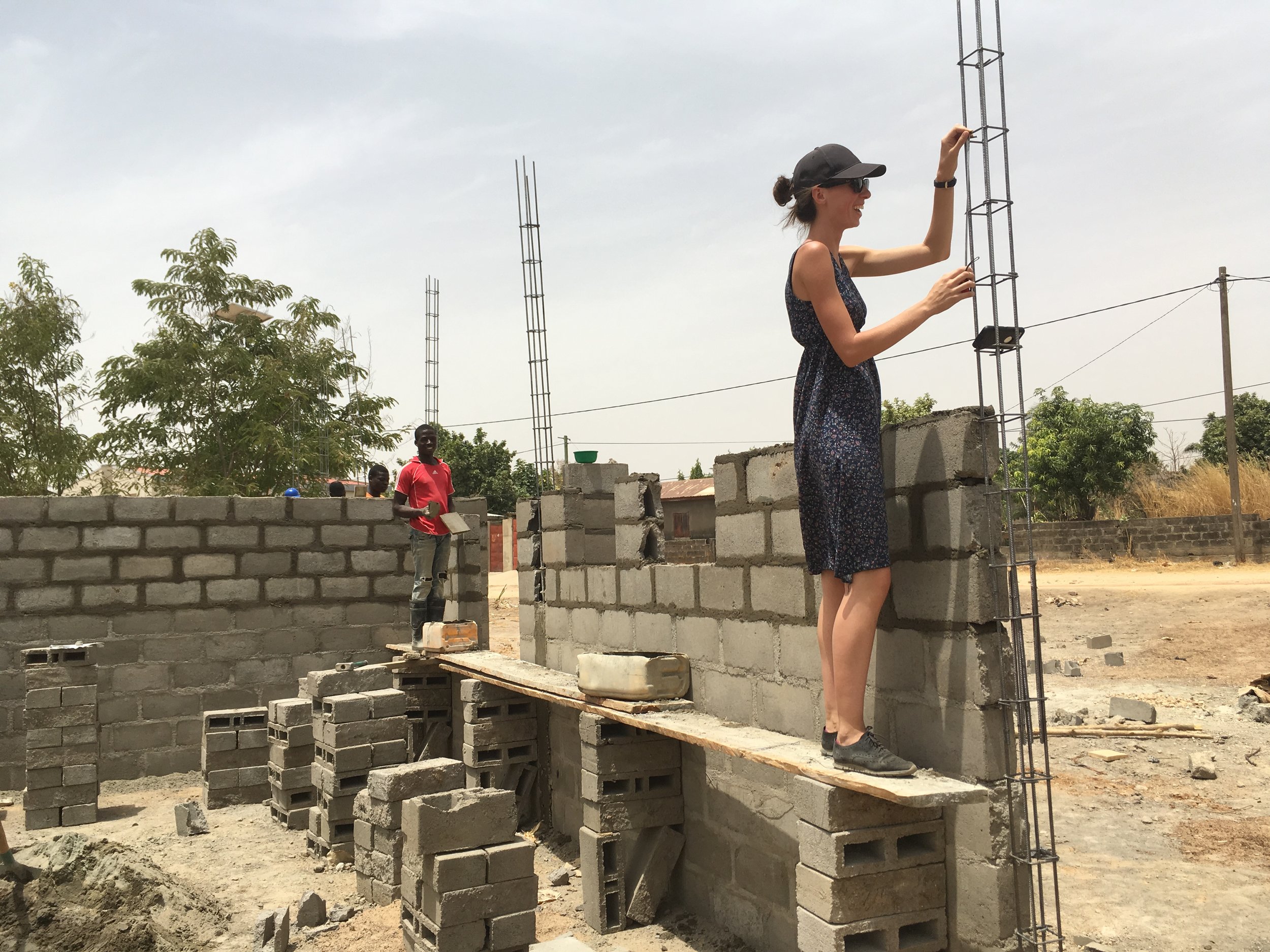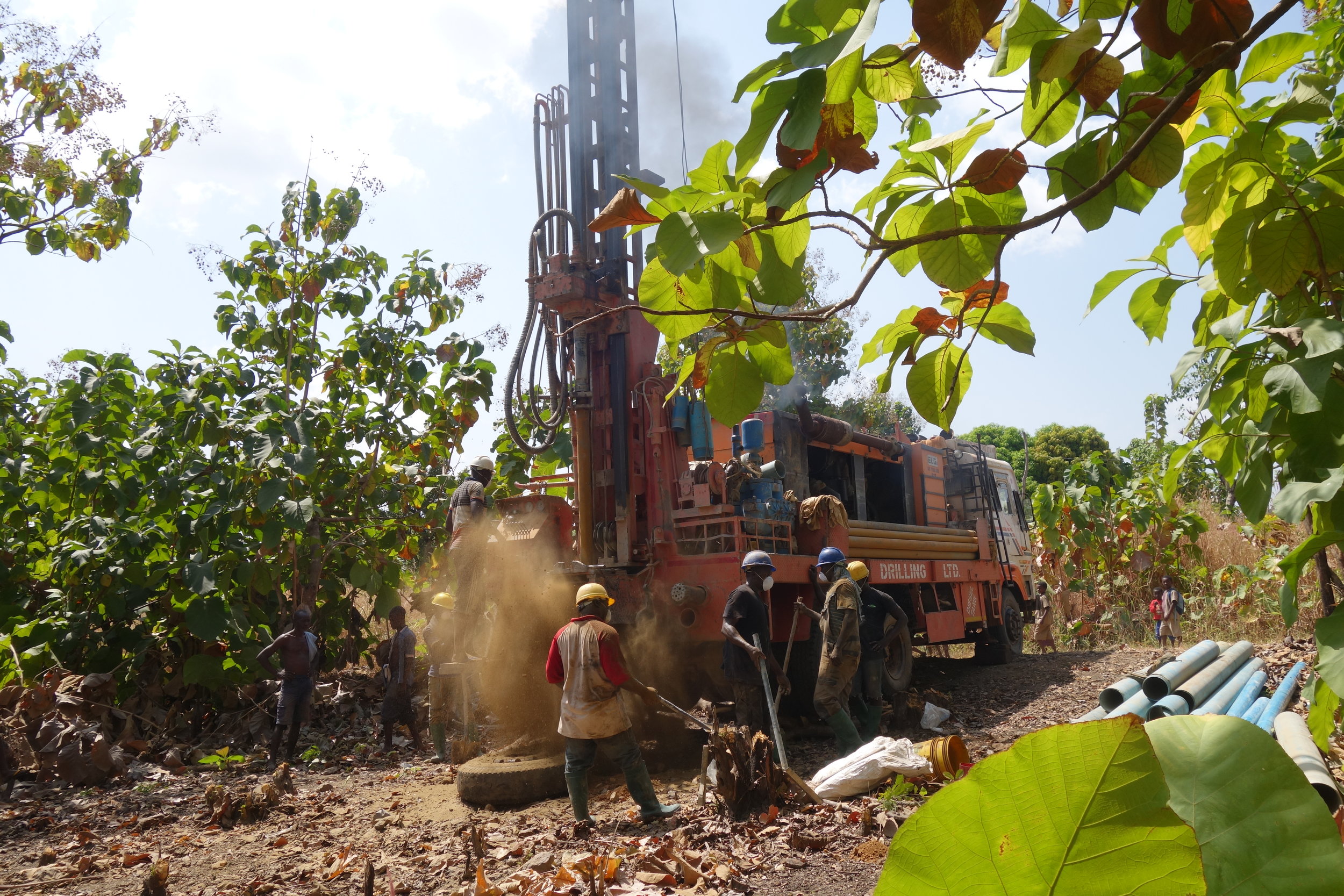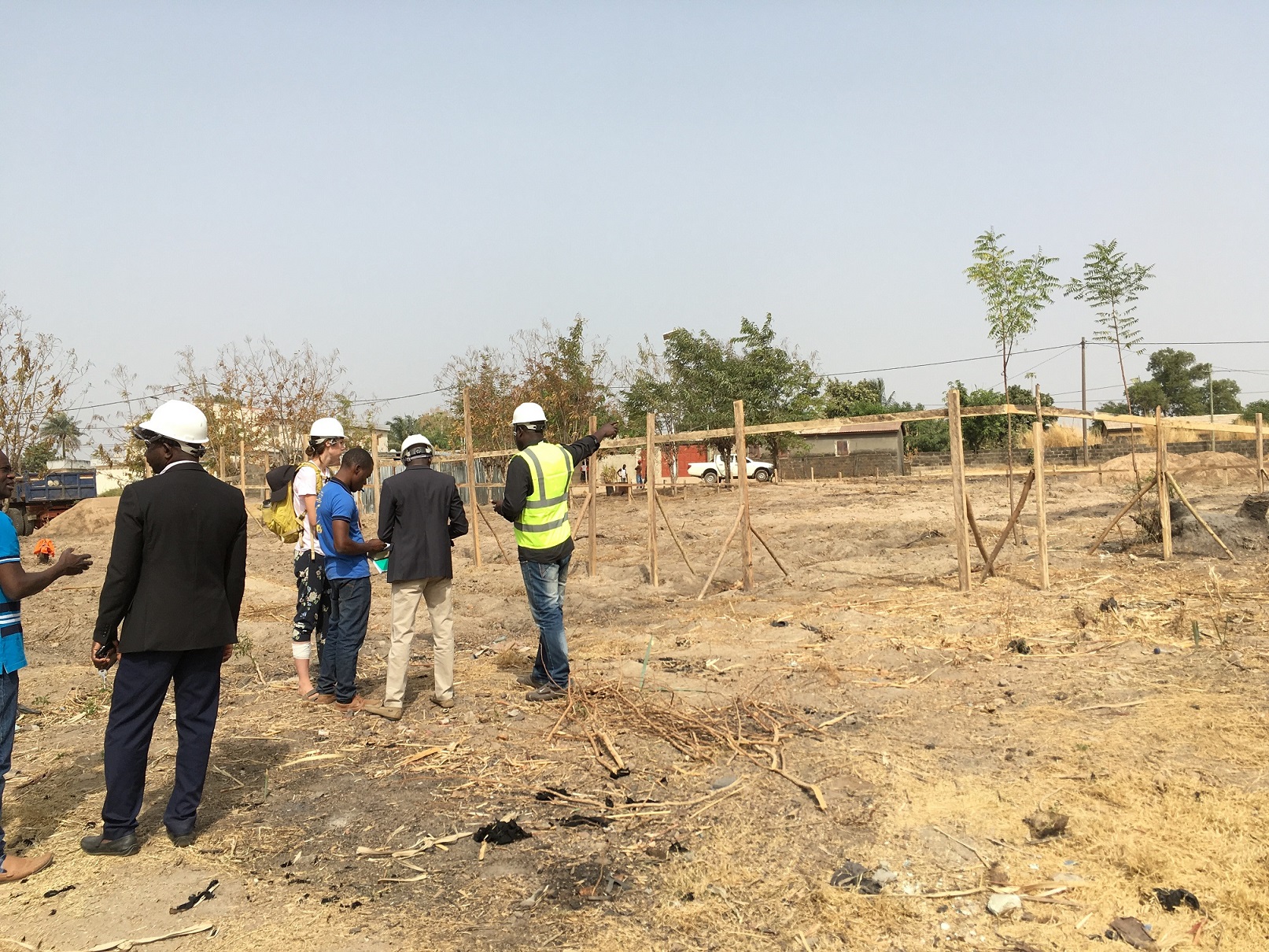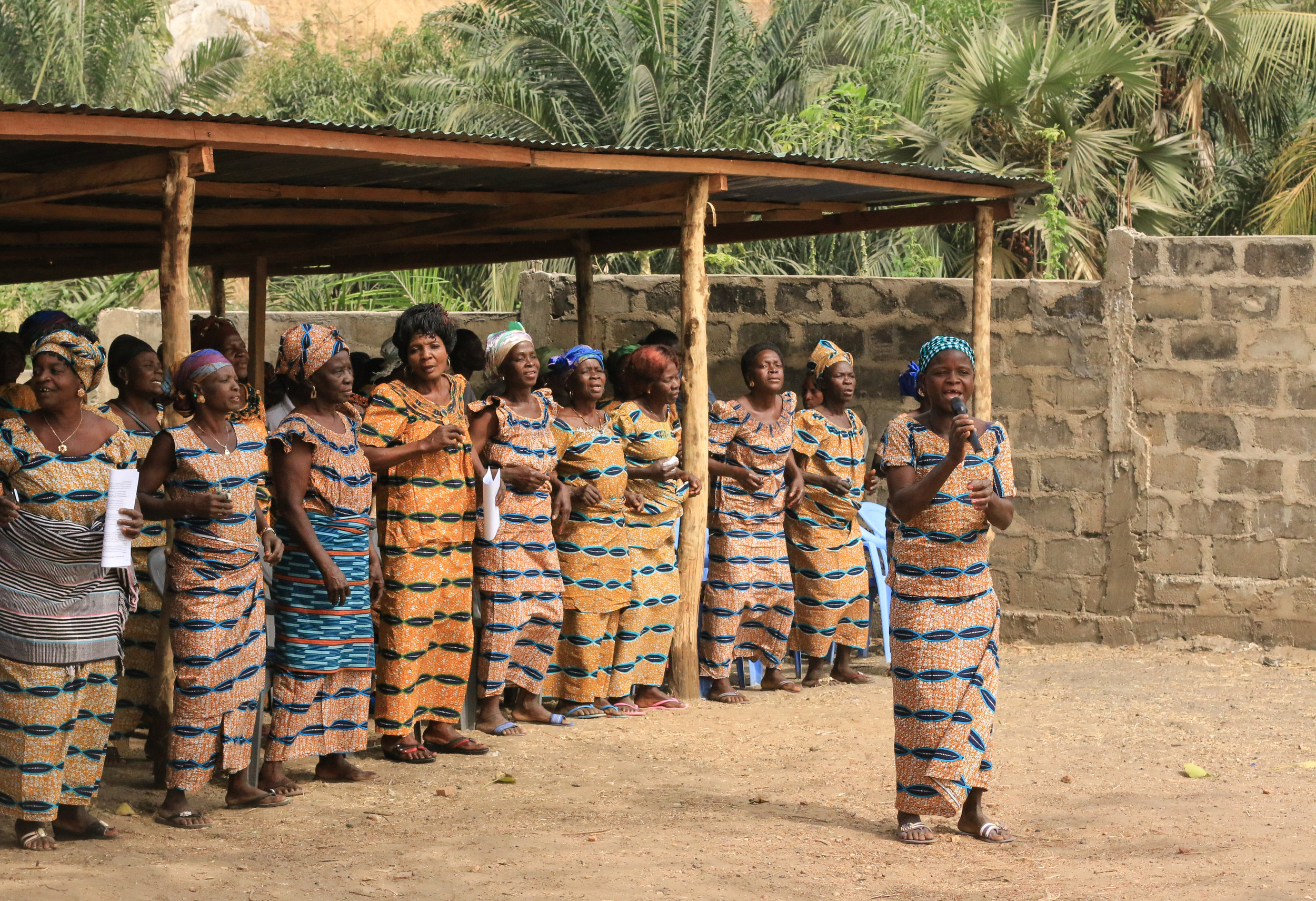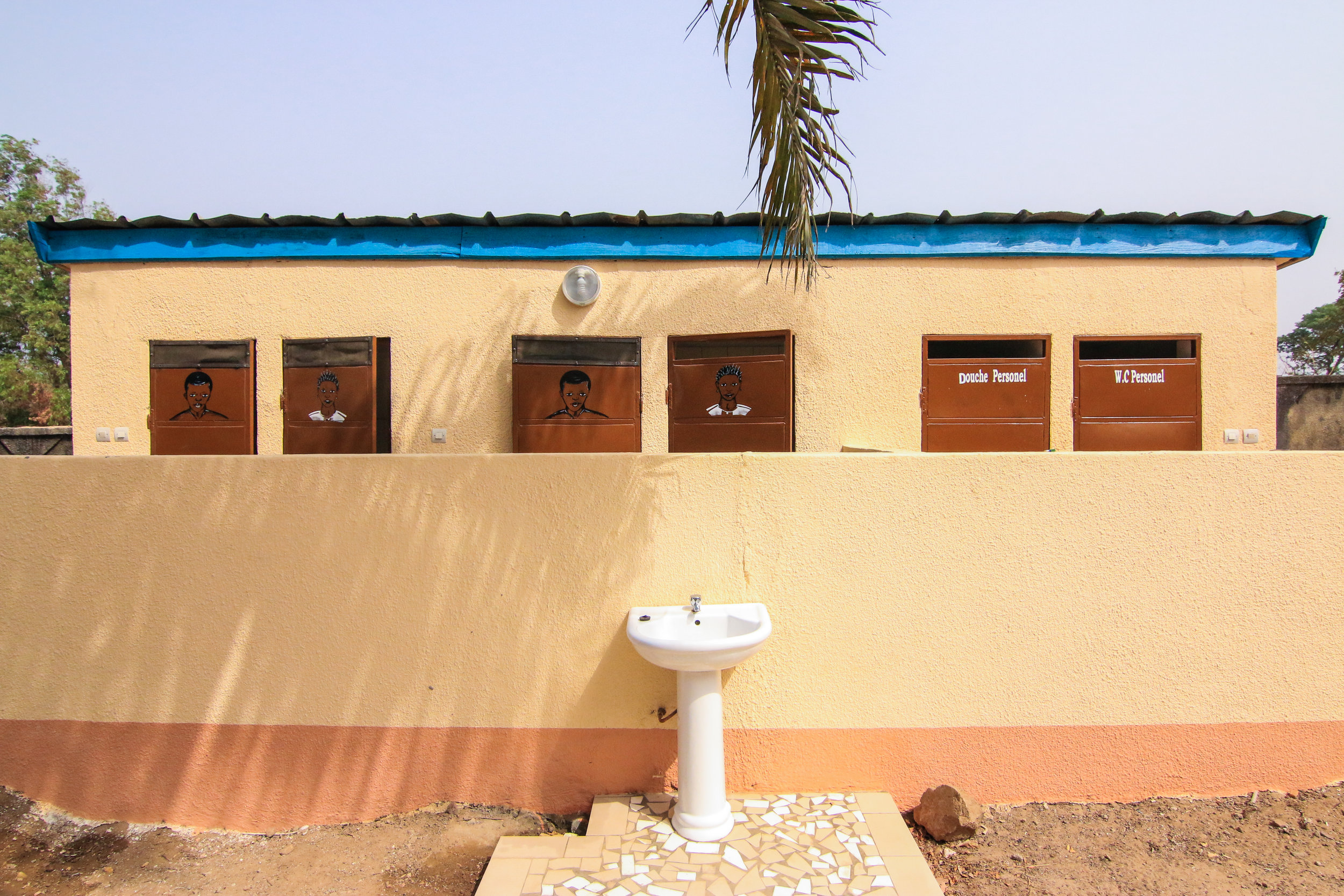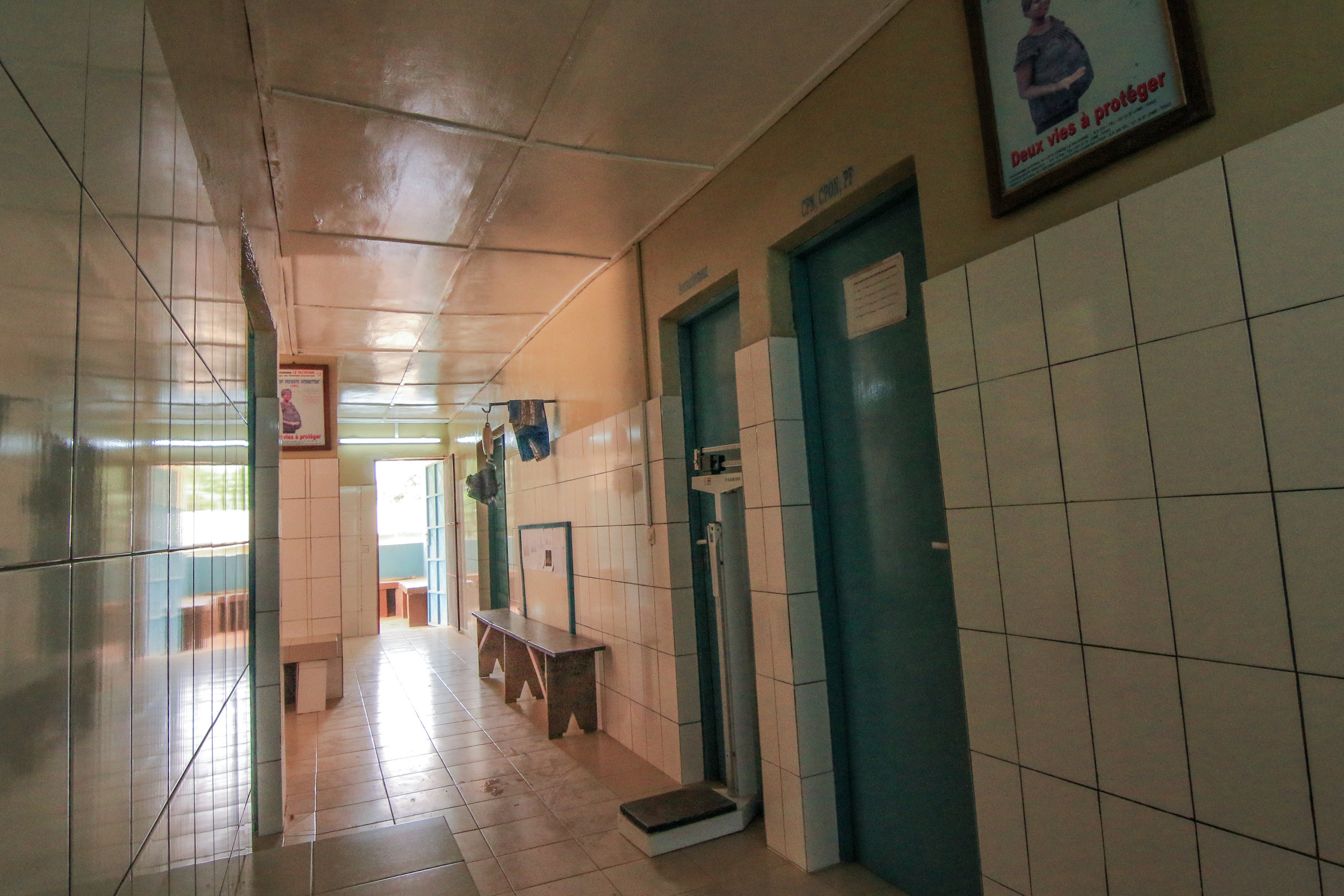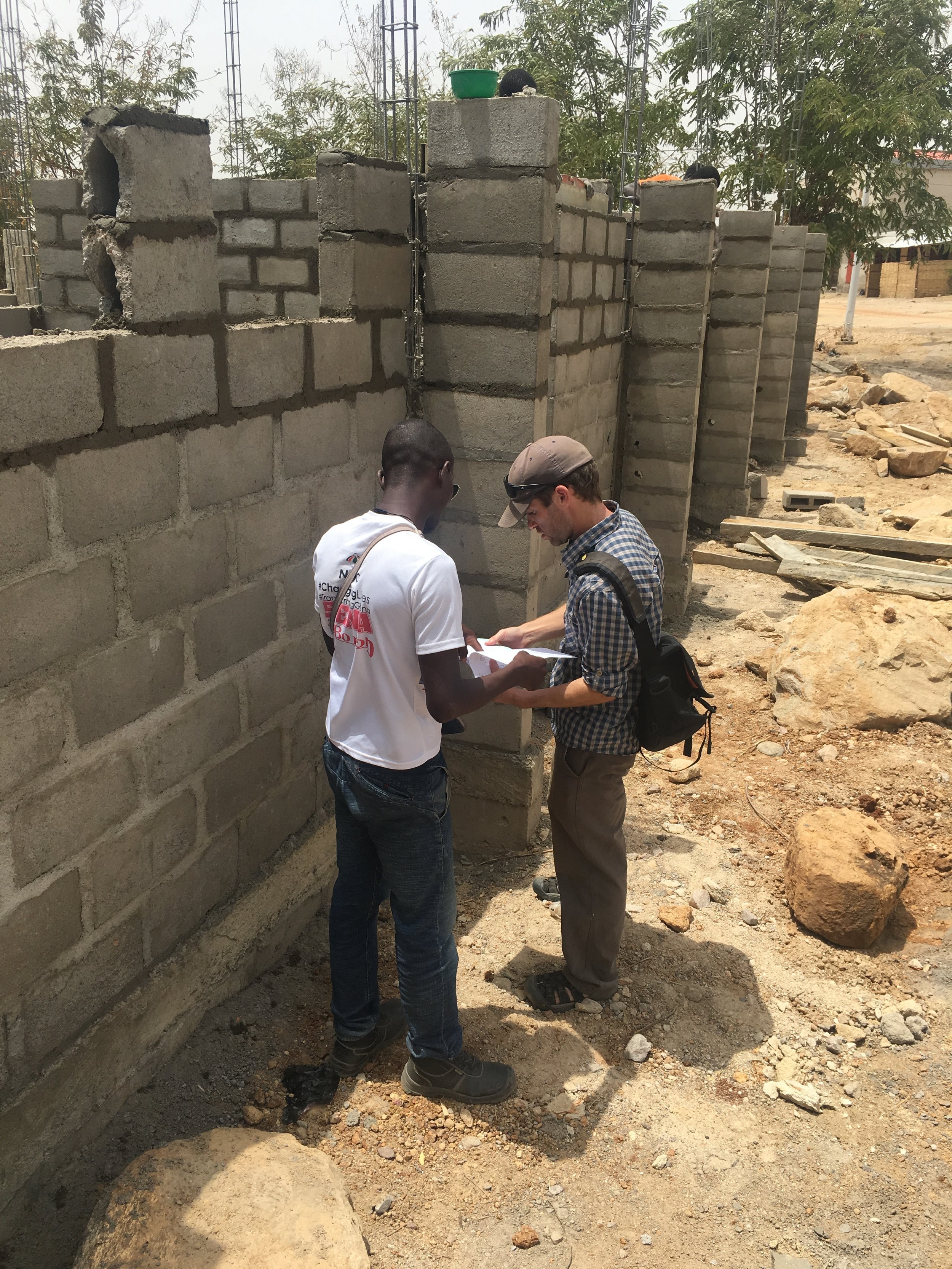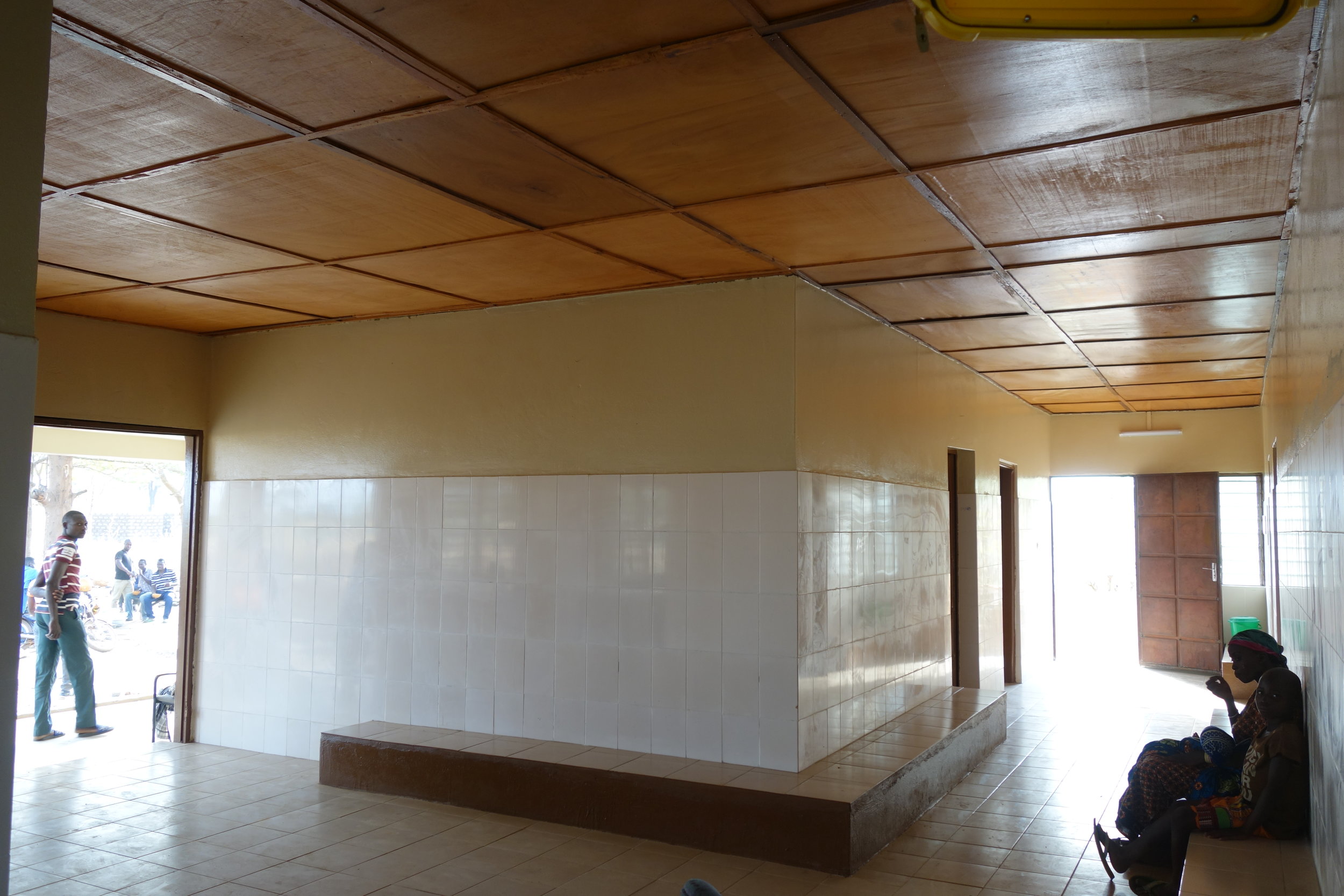Integrated Health | Phase 2
For Phase 2, Integrated Health partnered with the 30/30 Project and Construction for Change to receive funding and construction management for the rehabilitation of three clinics in rural areas outside of Kara Region, Togo: Djamde, Kpindi and Sarakawa.
The Djamde Clinic
The Kpindi Clinic
The Sarakawa Clinic
Communities Served:
Integrated Health, in collaboration with their partner organization, Association Espoir pour Demain (AED-Lidaw), and the Government of Togo, provides comprehensive healthcare services to over 1,600 individuals living with HIV/AIDS across 5 health centers in northern Togo. Integrated Health recently expanded their services beyond HIV/AIDS care with the launch of their new Maternal and Child Health Program, which is providing improved maternal and child health services to a population of nearly 30,000 in four communities in the Kozah District of northern Togo. This includes these three clinic renovations and the Adabawere Maternity Ward completed during Phase 1.
Impact:
The primary objective of the clinic renovations was to establish an improved water source at the clinic, including the installation of a hydraulic pump, water tower, and storage tank. At the conclusion of the renovations, we are happy to report, a solar-powered electrical system was installed at 2 clinics, providing reliable electricity to the clinic and latrines. Secondly, a new seven-meter water tower with water storage polytank and solar-powered pump and plumbing were installed at all 3 clinics.
In addition to the primary objectives, all the other goals were met, including, but limited to:
- Renovated latrines with “Western” and “Turkish” toilets and running water
- New roof structure to prevent water leaks and improve water management
- Ceiling and walls replaced
- Mold removed and walls, floors, and ceilings repainted or tiled
- New doors and new glass windows with mosquito screens
- Fencing structure for incinerator
- Improved electrical wiring in the clinic
Some additional renovations were accomplished as well:
- New electric refrigerator for storing vaccines and other medicines
- New shaded outdoor seating structure for community gatherings with electrical outlets
- New shaded garage structure for rural ambulance
When asked how the clinic renovations have changed things, Djamde Village Chief, Essima Epiphane Adom, listed six main changes:
- Women no longer give birth at home. They are no longer taking the risk of a home birth because healthcare is FREE.
- The clinic is CLEAN. If you visit a dirty house, you never want to go back. It’s the same with a health clinic. Before, people didn’t want to go because it was dirty.
- The FANS are a significant addition. They are a form of treatment. If you are sick, the cool air of the fan helps you feel better.
- Women can gather in the outdoor GAZEBO to do education. It’s much less hot than the inside of a building, and there is fresh air. It’s a large, comfortable space.
- The renovations brought clean WATER. At the clinic, you can get clean water even in the dry season.
- With the AMBULANCE, we can now transfer immobile patients from 10 kilometers away who otherwise would be unable to pay for transport to the clinic, and therefore not receive healthcare.
Status: Completed
Project Manager: Matt Renninger & MJ O'Brien
Change Fellows: Carolyn McGunagle & Ellen Zouras

